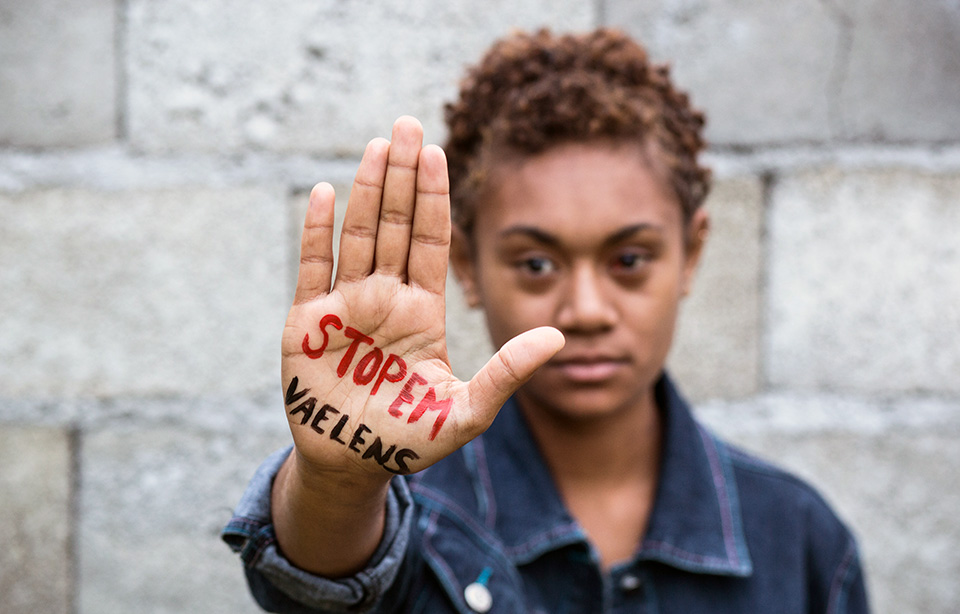Pacific Partnership to End Violence Against Women and Girls


The Pacific region has some of the highest rates of violence against women recorded in the world – twice the global average with an estimated two in every three Pacific women impacted by gender-based violence. Along with high rates of violence – a violation of human rights – women and girls in the Pacific region experience constant and continual inequalities including low levels of participation in decision making, limited economic opportunities, restricted access to basic services and rights.

The Pacific Partnership to End Violence Against Women and Girls (Pacific Partnership) brings together governments, civil society organisations, communities and other partners to promote gender equality, prevent violence against women and girls (VAWG), and increase access to quality response services for survivors.
To achieve this, the Pacific Partnership aims to transform the social norms that allow violence against women and girls to continue; to ensure survivors have access to quality response services; and to support national and regional institutions to meet their commitments to gender equality and prevention of violence against women and girls. Working through partners, it will promote equal rights and opportunities for all Pacific people, through innovative approaches to education, access to essential services, and policy development.
The EUR27.6 million partnership is funded primarily by the European Union (EUR12.7m) that supports all three outcome areas of the programme, with the Governments of Australia (EUR11.1m) and New Zealand (EUR 3.2m) providing targeted funding to the second outcome supported by UN Women (EUR0.6m). The programme’s three outcome areas are led by Pacific Community (SPC), UN Women and the Pacific Islands Forum Secretariat.
The three key outcome areas follow:
The five-year programme, from January 2018 to December 2022, targets Pacific Island countries and territories (PICTs) including, but not limited to, Fiji, Kiribati, Papua New Guinea, Republic of the Marshall Islands, Samoa, Solomon Islands, Timor Leste, Tonga, Tuvalu, and Vanuatu. Read country summaries.
The Pacific Partnership recognises the importance of gender equality for achieving sustainable development, and directly contributes to the achievement of the Sustainable Development Goals (SDGs), particularly SDG 5 to ‘achieve gender equality and empower all women and girls’, of the 2030 Agenda for Sustainable Development. The programme directly supports the implementation of the Pacific Leaders Gender Equality Declaration 2012, the Pacific Roadmap for Sustainable Development, and the Pacific Platform for Action (PPA) on Advancement of Women and Gender Equality.